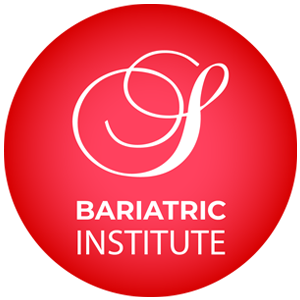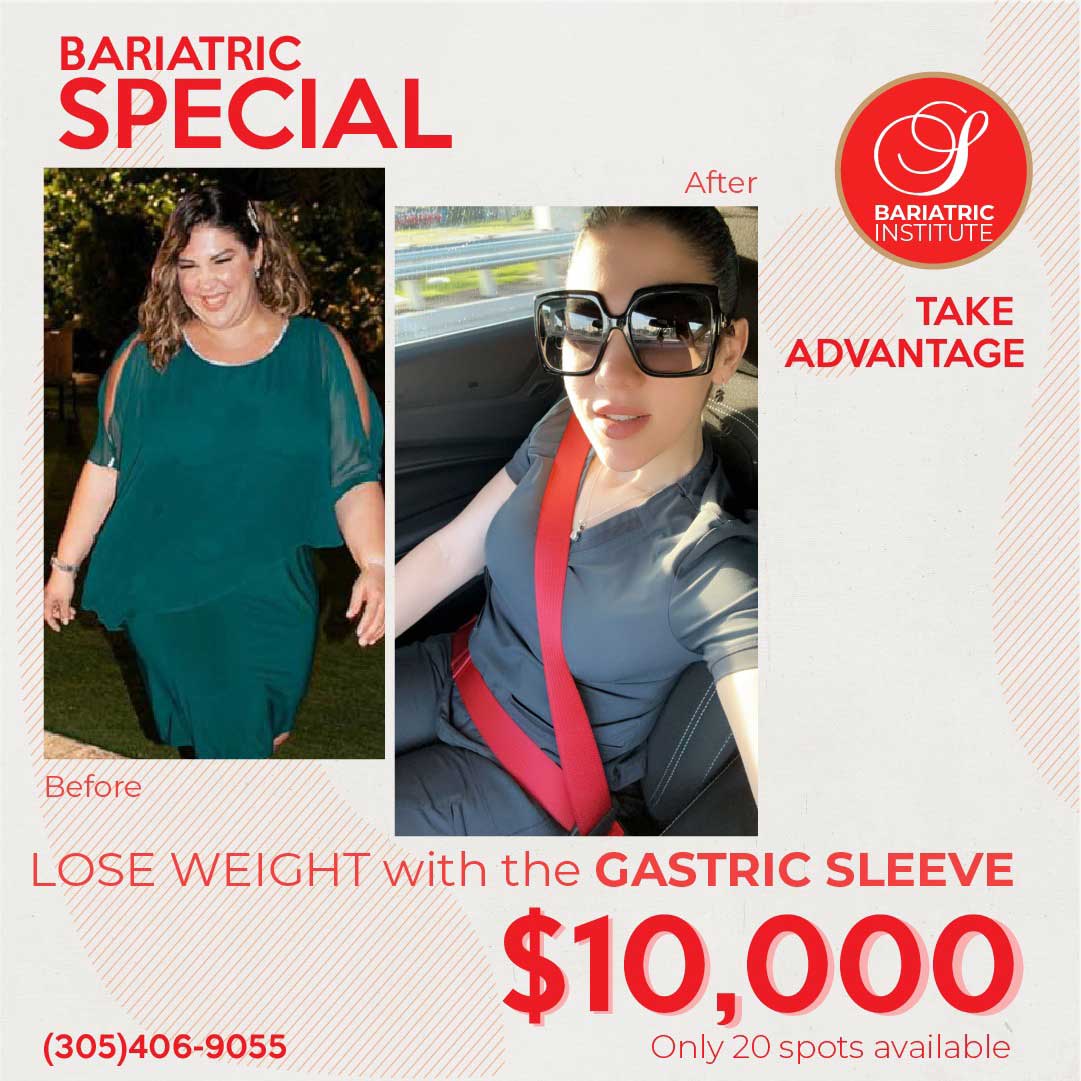What Should I Expect During My Laparoscopic Gastric Sleeve Recovery?
Say goodbye to excess weight and hello to a healthier life!
You’ve just embarked on a transformative journey with your laparoscopic gastric sleeve surgery, and now, the path to healing and readjustment begins.
As you navigate through your laparoscopic gastric sleeve recovery, it’s important to understand the phases of recuperation you will encounter.
From healing after laparoscopic sleeve surgery to the gradual return to daily activities, your commitment to the recovery process after gastric sleeve will significantly influence your long-term success.
During your post-gastric sleeve recuperation, you’ll notice significant changes as your body adjusts to a reduced stomach size. Achieving and maintaining your recovery milestones and goals becomes pivotal in not just losing weight but also in enhancing your overall well-being.
Post-Operative Care
During the crucial initial days post-surgery, your care will be managed in the recovery units. The stay can last anywhere from one day to several, depending on individual circumstance and recovery pace.
Throughout this phase, healthcare professionals will monitor your vitals, administer post-operative pain management, and assess the incisions to ward off any complications.
Post-Operative Incision Care and Wound Healing
Once you transition back home, the responsibility of incision care becomes yours. Ensuring optimal wound healing requires keeping the affected areas clean and dry.
It is paramount to follow the guidelines provided by your health care team, including restrictions on certain activities that could impede the healing process. Efficiently managing pain and clean incision sites are cornerstones of recuperating comfortably in your own environment.
| Recovery Aspect | Hospital Care | Home Care |
|---|---|---|
| Length of Stay | 1-3 days | N/A |
| Monitoring | Continuous by medical staff | Self-monitoring and scheduled visits to surgical follow-up clinics |
| Pain Management | Medications administered as needed | Continued medication management based on physician’s guidance |
| Incision Care | Cleaned and assessed by nurses | Patient responsibility with detailed instructions |
| Activity Level | Limited; emphasis on rest | Gradual increase as per doctor’s advice |
In the spirit of promoting a favorable outcome, remember that your health care providers are partners in this journey. You’ll receive comprehensive instructions and support from surgical follow-up clinics, ensuring a continuity of care that is critical for your recovery and well-being after a laparoscopic sleeve gastrectomy.
Lifestyle Adjustments and Dietary Changes Post-Surgery
After your bariatric surgery, making dietary adjustments will play a pivotal role in your recovery and weight loss journey. Embracing these changes is essential to accommodate your new stomach capacity and promote effective healing.
Bariatric surgeons and dietitians specializing in bariatric surgery are integral to guiding you through this transition with personalized advice suited to your unique needs.
Transitioning from a Liquid Diet to Solid Foods
The first step of your nutritional transition involves adhering to a liquid diet. During the initial 14 days post-surgery, your diet will consist solely of fluids to ensure a gentle introduction of nutrients that your body can easily manage.
After this period, you’ll embark on a strategic path towards solid foods with a focus on soft, moist items that agree with your modified digestive system.
The goal is a careful expansion of your diet, matching the gradual increase of your stomach’s capacity to handle a more diverse array of foods.
Importance of Nutritional Supplements and Vitamins
Due to the reduced intake of calories and potential nutrient malabsorption following surgery, it’s crucial to incorporate nutritional supplements and vitamins into your daily regimen.
Your healthcare team will typically recommend a multivitamin and possibly additional supplements such as calcium, vitamin D, iron, or B12. These are designed to bridge any gaps in nutrition and support your overall health and healing process.
Essential Supplements Post-Surgery:
| Supplement | Purpose | Recommended Intake |
|---|---|---|
| Multivitamin | Overall nutritional support | Daily as instructed |
| Calcium Citrate | Bone health | As prescribed by your surgeon or dietitian |
| Vitamin D | Calcium absorption and bone health | Determined by blood levels |
| Iron | Prevention of anemia | Depending on lab results |
| Vitamin B12 | Nerve function and energy | Determined by blood levels |
Long-term Dietary Changes for Sustained Weight Loss
Sustaining your weight loss over the long term hinges on committing to substantial dietary alterations. These changes are not temporary but rather a new lifestyle that aligns with maintaining your health and surgical investment.
These guidelines, which stress the importance of balanced meals, controlled portions, and proper meal timing, are designed to empower you to achieve and maintain your dream weight.
Long-term Dietary Strategies:
- Focus on protein-rich foods.
- Limit intake of sugars and high-fat foods.
- Be mindful of portion sizes.
- Maintain hydration between meals, avoiding carbonated beverages.
Take the First Step Now!
Our specialists are at your service to clarify doubts.
Schedule Your Free Consultation
Take the first step towards a new you. Schedule a consultation today and discover how the Laparoscopic Gastric Sleeve Miami procedure can help you achieve long-lasting weight loss results.

